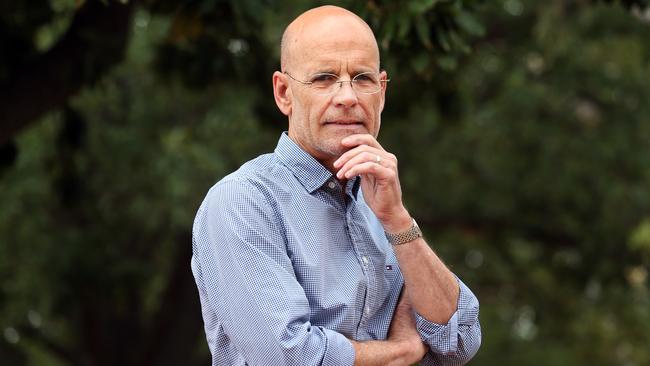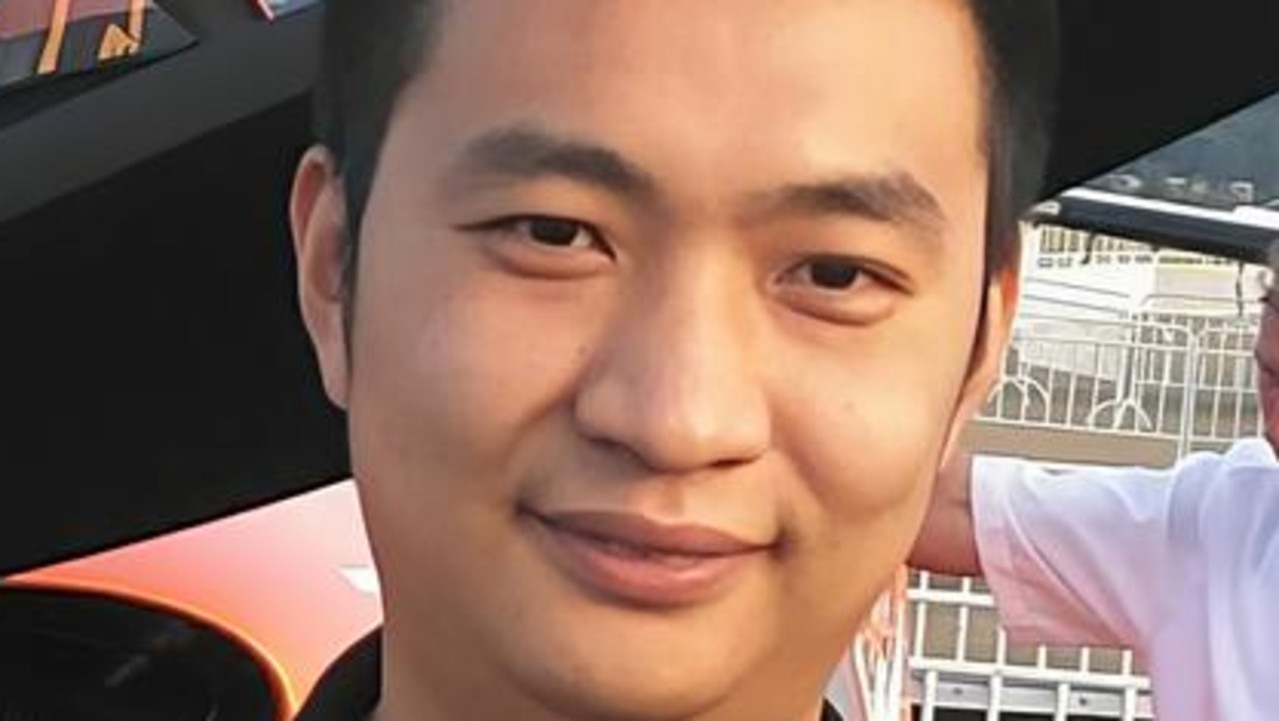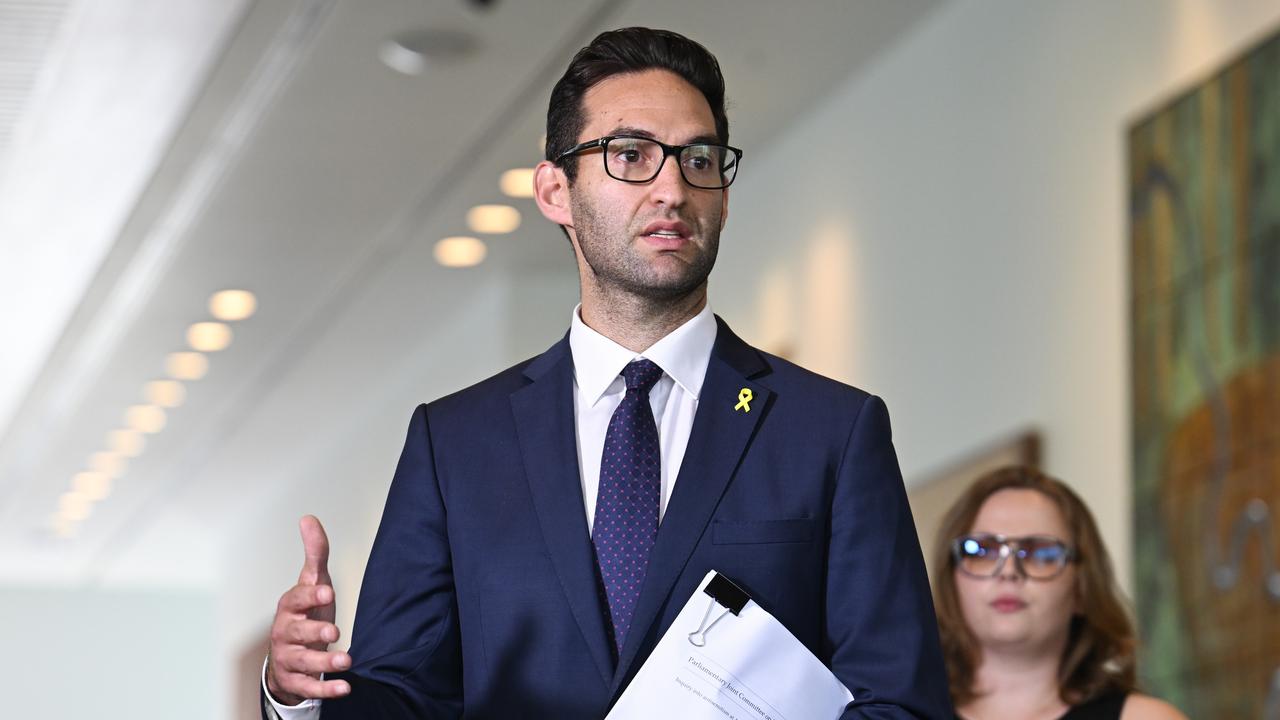Uni staff blasted for Ramsay opposition
Sydney Uni academics have been criticised for opposing a partnership between the university and the Ramsay Centre.

University of Sydney academics have been criticised for opposing a partnership between the university and the Ramsay Centre on the grounds of “academic independence”, while failing to campaign against the China-funded Confucius Institute.
Late last week, vice-chancellor Michael Spence revealed he was considering entering a memorandum of understanding on a funded course and scholarship program with the Ramsay Centre after its negotiations with the Australian National University broke down.
In response, more than 100 Sydney University staff signed an open letter signalling they would be “strongly opposed” to any arrangement with the Ramsay Centre, which, they said, represents “European supremacism writ large”.
Clive Hamilton, a public ethics expert from Charles Sturt University who has written extensively about Chinese influence in Australia, said it was “anomalous” and “odd” that staff at Sydney would campaign against a Western civilisation degree and not against the Confucius centre that has operated there since 2008.
“They see the study of Western civilisation as punching up,” Professor Hamilton said.
“Whereas kicking out at the Confucius Institute is, in some sense, punching down,” he said.
Thirteen Australian universities have Confucius centres, which are part-funded and staffed by the Chinese Ministry of Education, known as the Hanban. The NSW Education Department is reviewing its relationship with the Confucius Institute amid concerns of “inappropriate influences”.
“They are there to teach Chinese language and culture as essential components of the academic environment, yet the agreement struck between the Hanban and the universities is kept secret,” Professor Hamilton said. “Any university that agrees to host a Confucius Institute has sacrificed an element of academic freedom.”
Nick Riemer, one of the authors of the open letter from Sydney academics, said although he believed universities should not sacrifice academic independence, the Confucius Institute had “no capacity to determine either curriculum or staffing”.
“Contrary to popular belief, there’s no evidence of attempted political influence on undergraduate education by the Confucius Institute at the University of Sydney,” Dr Riemer said.
Professor Hamilton said it was “simply untrue” the Confucius Institutes had no influence.
Professor Spence did not respond to a question about the Confucius Institute and the university.


